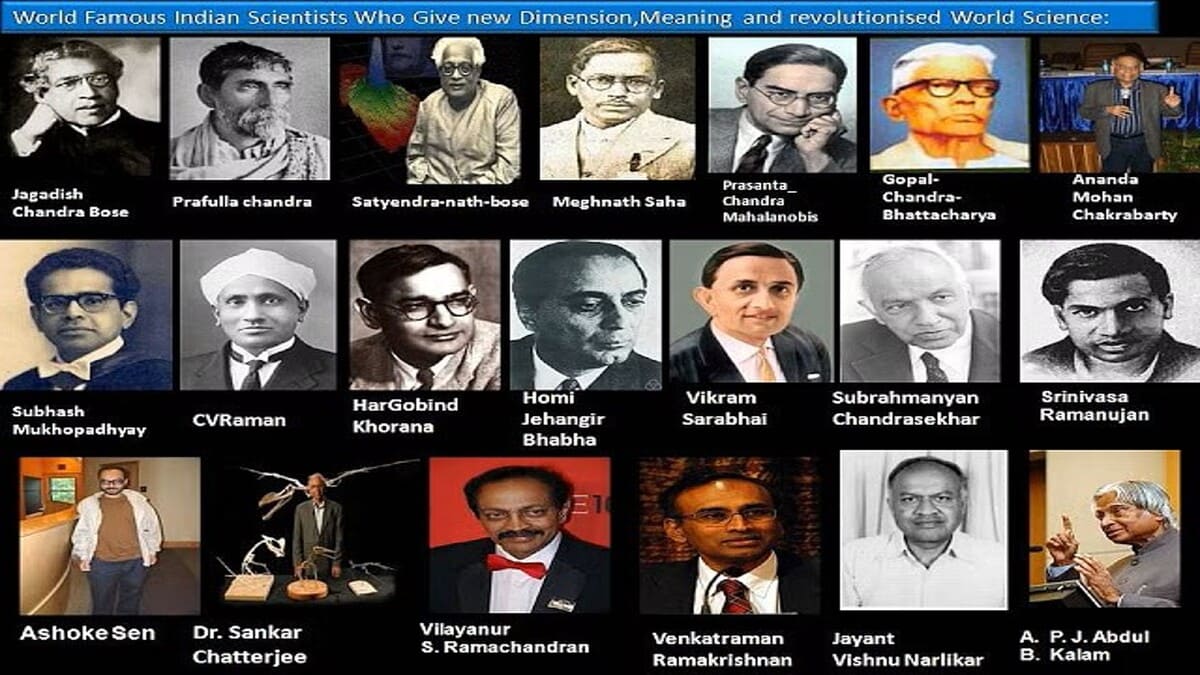
Central Idea:
The central idea of the article is that India’s scientific progress is hindered by the dominant role of senior scientists in the administrative aspect of science. The author argues that the current paradigm, where scientists are also administrators, is flawed and proposes a separation between scientists and administrators to enhance the efficiency and resilience of India’s scientific endeavors.
Key Highlights:
- The government is revamping India’s science establishment, emphasizing the importance of scientific advances for sustained economic progress.
- India’s low expenditure on research and development is highlighted, urging the need for wise allocation of funds and focus on high-impact projects.
- The author criticizes the current scientific administration for its failures in areas like space exploration, nuclear energy, genomics, robotics, and artificial intelligence.
- The article emphasizes the outsized role of senior scientists in India’s science administration and argues that their dual roles as scientists and administrators lead to inefficiencies.
Key Challenges:
- Inadequate funding for research and development in India.
- Inefficiencies and failures in key scientific projects.
- Dominance of senior scientists in administrative roles.
- Lack of comprehensive training for scientists in administrative tasks.
- Conflicts of interest and unethical practices in the scientific community.
Key Terms/Phrases:
- National Research Foundation (NRF).
- Defence Research and Development Organisation (DRDO).
- Gatekeepers in the scientific community.
- Administrative tasks and scientific endeavors.
- Separation of scientists and administrators.
- All-India transfers of scientists.
- System insiders as regulators.
Key Quotes:
- “Sustained economic progress… fueled by scientific advances translated into deployable technologies.”
- “India’s low overall expenditure on research and development… pivotal to allocate money wisely.”
- “The defining feature of India’s science administration is the centrality of its senior scientists.”
- “Administration is something which has to be taught and practiced separately from the subject matter being administered.”
- “The separation of administrators and scientists is something which most robust science establishments generally embrace.”
Key Statements:
- India’s scientific progress is linked to wise allocation of funds and focus on high-impact projects.
- The dual role of senior scientists as administrators hinders effective science management.
- Comprehensive training is needed for scientists in administrative tasks.
- The dominance of gatekeepers in the scientific community leads to conflicts of interest.
- Administration should be separate from scientific expertise for optimal outcomes.
Key Examples and References:
- Indian Space Research Organisation’s ranking in launch numbers.
- Latecomers in nuclear energy and unrealized thorium ambitions.
- Challenges in genomics, robotics, and artificial intelligence.
- Instances of conflicts of interest, plagiarism, and unethical practices in Indian science.
Critical Analysis:
- The article critically evaluates the shortcomings in India’s science administration, citing specific examples of failures.
- It challenges the assumption that scientists make effective administrators and emphasizes the need for specialized administrative skills.
- The historical context of gatekeepers and their influence on the scientific community is analyzed to understand the roots of the current issues.
- The article provides a comparative perspective, citing the U.S. model as an example of the separation between scientists and administrators.
Way Forward:
- Advocate for the separation of scientists and administrators in India’s science establishment.
- Establish an all-India pool of a science administration central service for training and selecting science administrators.
- Emphasize the importance of comprehensive training for scientists taking on administrative roles.
- Address conflicts of interest and unethical practices within the scientific community.
- Encourage a shift in the culture of Indian science towards professionalism, accountability, and transparent practices.
Get an IAS/IPS ranker as your 1: 1 personal mentor for UPSC 2024

